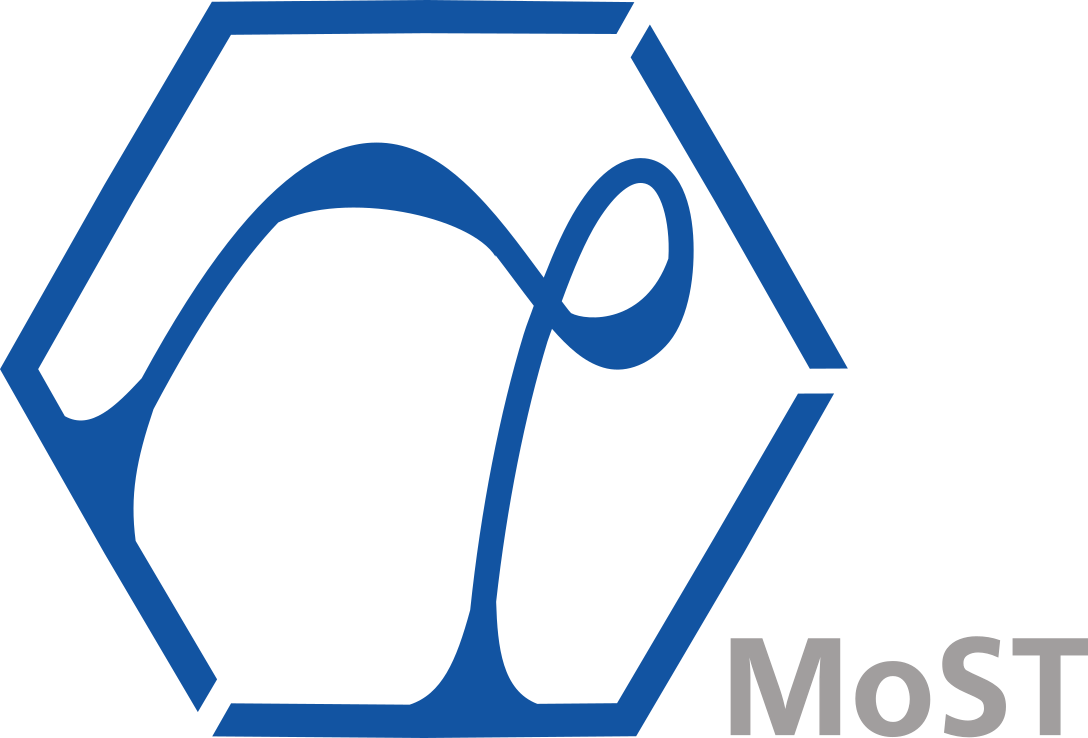About MoST
The Modeling and Simulation of Socio-Technical Systems (MoST) unit at Fondazione Bruno Kessler investigates AI- and data-driven methods to model and simulate complex socio-technical systems in support of public decision-making and civic participation.
The group is part of the Digital Society Center.
Vision
As societies face rapid transformations and increasing interdependence between technical and social systems, we envision a future in which digital technologies become essential for society to make sense of complex environmental, social, and technological challenges and transformation processes.
This requires not only more effective and efficient analysis and decision-making tools, but also new approaches to democratize the access to these tools. To this end, we champion a vision in which data-driven systems are open, interpretable, co-designed with the relevant institutions, organizations, and communities.


